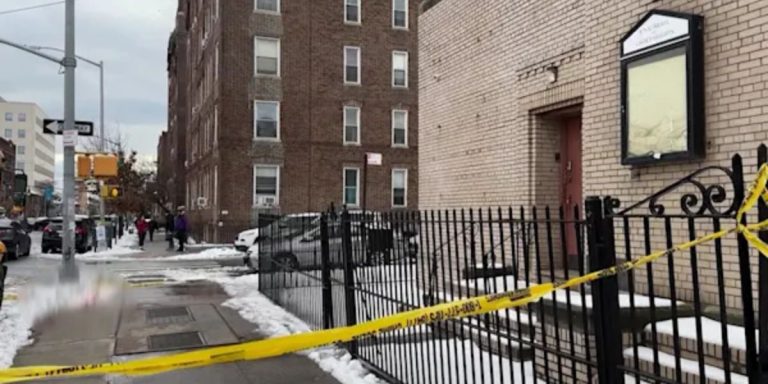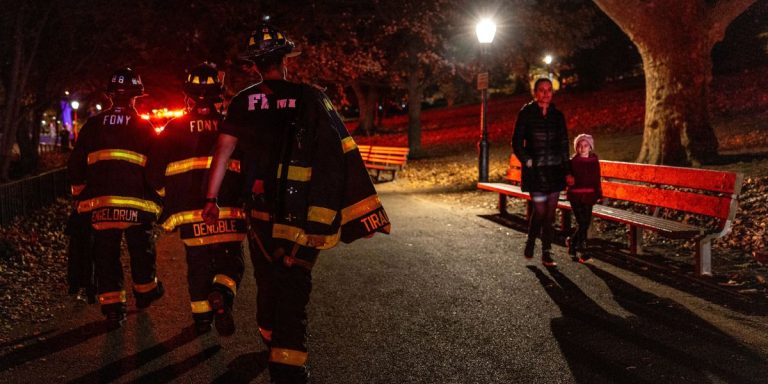Race Day Live A judge in Johnston County, North Carolina, has ruled that racial discrimination played a major role in the death penalty trial of Hasson Bacote.
This affected the jury selection and ultimately led to his death sentence.
Superior Court Judge Wayland Sermons also found that this issue extends beyond Bacote’s case, influencing death sentences in Johnston County, Harnett, and Lee Counties.
The ruling suggests that racial bias is deeply rooted in the death penalty system in these areas.
Gretchen M. Engel, executive director of the Center for Death Penalty Litigation, praised the ruling. She stated that it highlights the unfairness in how the death penalty is applied in North Carolina.
Engel urged that all death sentences in the state should be reviewed to ensure no one is executed unfairly.
The ruling follows former North Carolina Governor Roy Cooper’s decision to grant clemency to 15 death row inmates, including Bacote.
However, since Bacote’s sentence was already changed to life without parole, the ruling will not directly impact him. It could, however, be significant for the 121 people still on North Carolina’s death row.
Bacote expressed gratitude to his family, lawyers, and supporters for fighting for justice.
He said that when his death sentence was commuted, he felt relief from the stress and anxiety of facing execution. He also thanked the court for recognizing how racial bias affected his case and others.
Judge Sermons pointed out that the evidence clearly showed Black people were often excluded from juries and that prosecutors used racist language during trials.
Court documents revealed that in Bacote’s case, Black jurors were rejected at a rate 3.3 times higher than other jurors.
The prosecution also used racist terms like “piece of trash” and “predators of the African plain” when referring to Black defendants.
Read More:
- Two Men Injured and Charged Following Knife Fight in Sunset Park, NYPD Confirms
- Newark Arrests Illegal Alien for Megan’s Law Violation After Heinous Child Assault Conviction
Cassandra Stubbs, director of the ACLU Capital Punishment Project, said this ruling could lead to more legal challenges from other death row inmates in North Carolina.
She hopes the state will change how juries are selected and reconsider how punishment is applied.
Stubbs expressed satisfaction with the ruling, stating that after 14 years, the court has upheld the Racial Justice Act’s purpose.
North Carolina Judge Finds Racial Bias Influenced Death Row Sentences She believes the decision allows for a deeper examination of how racial bias affects the justice system and could help create a fairer process in the future.
This ruling could bring major changes to how North Carolina handles the death penalty, ensuring that race does not play a role in deciding who faces execution.
Disclaimer- Our team has thoroughly fact-checked this article to ensure its accuracy and maintain its credibility. We are committed to providing honest and reliable content for our readers.


























+ There are no comments
Add yours